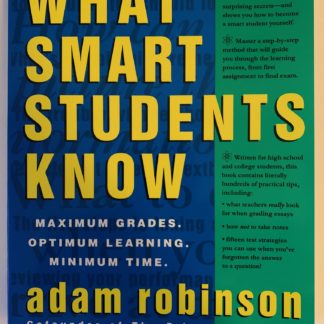(personal version)
Given two turntables, a sound mixer, and a stack of records from the eighties,
could you find two songs that are close enough in beats per minute and blend them together? What if I could demonstrate that the ability to synchronize two different records reflects the deeper intelligence required to reconcile one’s existence between two separate worlds? Below is a personal version of the previous post. It starts with the same opening paragraph as the academic one.




